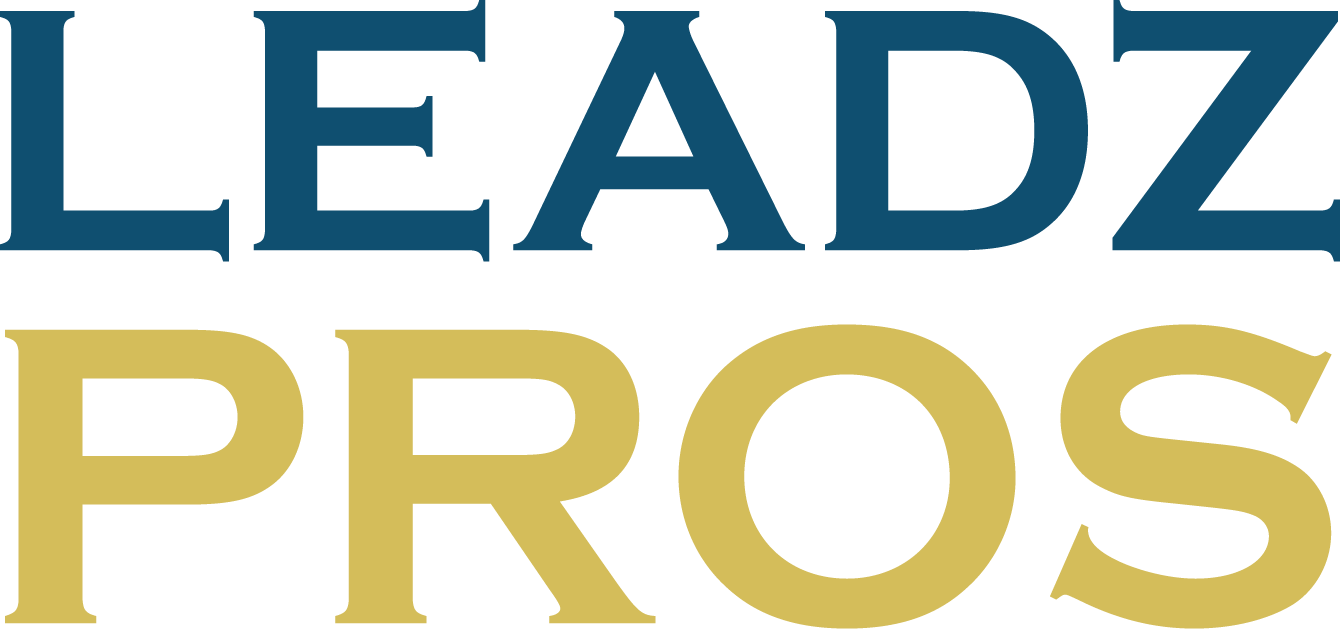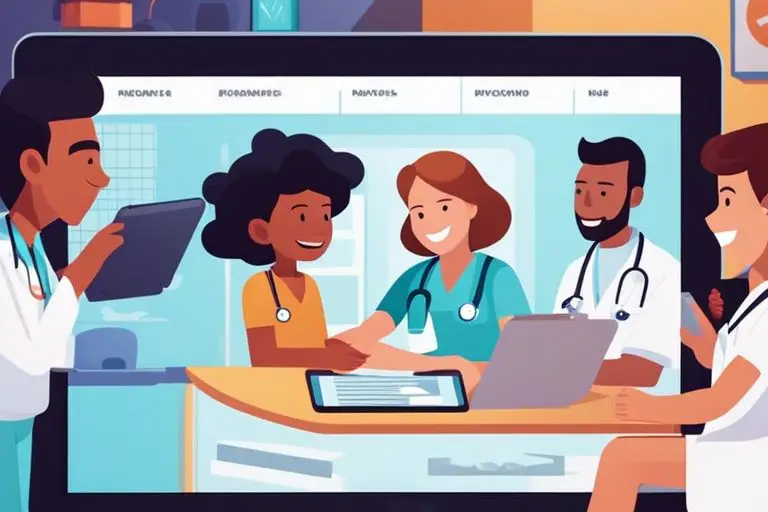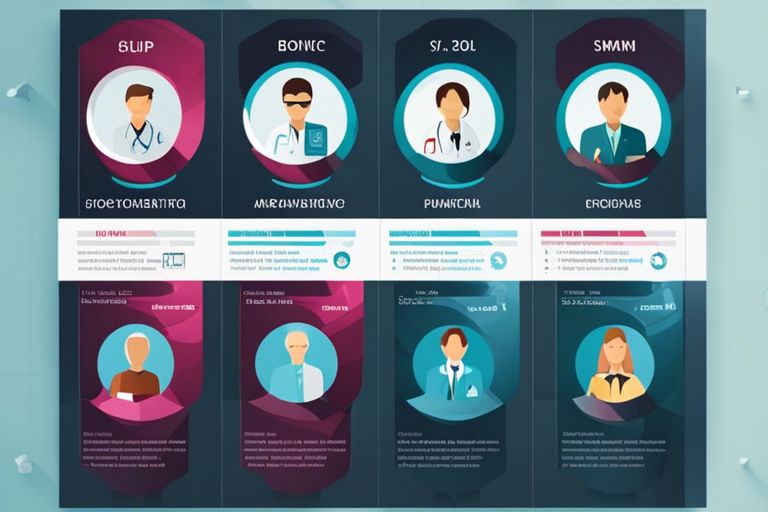Just as SUVs dominate the American automotive market, pediatric partnerships are crucial in providing quality healthcare for children. In medical services, establishing trust is paramount, and Customer Relationship Management (CRM) solutions play a vital role in maintaining strong relationships with young patients and their families. Through effective CRM strategies, pediatric practices can streamline communication, personalize care, and ultimately foster long-lasting connections that promote the well-being of children.

Understanding CRM Solutions in Pediatric Practice
Fundamentals of CRM in Healthcare
Understanding the fundamentals of Customer Relationship Management (CRM) in a healthcare setting is imperative for pediatric practices looking to build strong relationships with their patients. CRM solutions help streamline patient communication, manage appointments, and personalize patient interactions to improve overall satisfaction and loyalty.
Benefits of CRM for Pediatric Care Providers
For pediatric care providers, implementing CRM solutions can lead to improved patient engagement and retention. It enables healthcare providers to track patient histories, preferences, and follow-up care more efficiently, ultimately leading to better clinical outcomes and patient satisfaction.
It also allows pediatric practices to automate repetitive tasks, such as appointment reminders and follow-up communications, freeing up staff time to focus on providing quality care to their young patients. Additionally, CRM solutions can help pediatric practices analyze data to identify trends and opportunities for improving patient care and operational efficiencies.

Strategies for Building Trust with Patients and Families
Personalizing Patient Interactions
Clearly, one of the most effective strategies for building trust with patients and families is personalizing patient interactions. By taking the time to understand each patient’s individual needs, preferences, and concerns, healthcare providers can create a more customized and empathetic experience. This can include addressing patients by their names, remembering personal details about their lives, and tailoring communication to their unique circumstances.
Ensuring Privacy and Security in Data Management
Strategies for ensuring privacy and security in data management are crucial in building trust with patients and families. Patient data confidentiality is crucial in maintaining trust between healthcare providers and their patients. Implementing robust data encryption, access controls, and regular security audits can help protect sensitive information from data breaches and unauthorized access.
The protection of patient data is a top priority for healthcare organizations to uphold patient confidentiality and trust. By implementing stringent security measures, such as data encryption, access controls, and regular audits, healthcare providers can safeguard sensitive information and mitigate the risk of data breaches.
Implementing CRM Solutions in Pediatric Settings
All Arkansas Children’s Selects Virtuous As Their Nonprofit … pediatric practices can benefit greatly from implementing CRM solutions. These tools can help streamline communication, improve patient care, and build stronger relationships with families.
Key Features to Look for in Pediatric CRM Software
Features to consider when selecting CRM software for pediatric settings include:
- Integrated patient profiles for comprehensive care
- Appointment scheduling and reminders for efficient operations
- Automated communication for personalized outreach
- Patient education resources for informed decision-making
- Secure messaging for confidential exchanges
Recognizing the unique needs of pediatric practices, CRM solutions should offer specialized features to enhance the patient experience and improve overall care.
Best Practices for Integration and Staff Training
For successful integration and staff training, it is important to have a detailed plan in place before implementing a CRM solution in a pediatric setting. Training sessions should be interactive and tailored to the specific roles and responsibilities of staff members. Regular evaluation and feedback mechanisms can help identify areas for improvement and ensure that the CRM system is being utilized to its full potential. By following best practices for integration and staff training, pediatric practices can maximize the benefits of CRM solutions and provide top-notch care to their young patients.
Engaging with the Patient Community
Tools for Effective Communication and Follow-Up
Keep in mind that effective communication is crucial in pediatric partnerships. Utilizing CRM solutions can streamline interactions with the patient community. These tools can help track patient information, appointments, and follow-ups, ensuring no crucial details are missed.
Building Long-Term Relationships Through Consistent Care
Engaging with pediatric patients and their families goes beyond just medical appointments. It involves building trust through consistent care and support. By implementing CRM solutions, healthcare providers can maintain a consistent line of communication, offer personalized care plans, and ensure that patients feel valued and supported throughout their healthcare journey.
To effectively build long-term relationships through consistent care, healthcare providers must prioritize proactive communication and personalized care to meet the unique needs of each patient. By implementing CRM solutions, pediatric partnerships can leverage technology to enhance the patient experience and foster long-lasting relationships built on trust and quality care.
Summing up
As a reminder, creating and fostering successful pediatric partnerships requires building trust with CRM solutions. By utilizing customer relationship management tools tailored to the unique needs of pediatric practices, healthcare professionals can enhance communication with patients, streamline processes, and ultimately improve the quality of care provided. Emphasizing the importance of trust and utilizing CRM solutions can lead to stronger relationships with patients, increased efficiency, and overall enhanced patient satisfaction in the pediatric healthcare setting.









